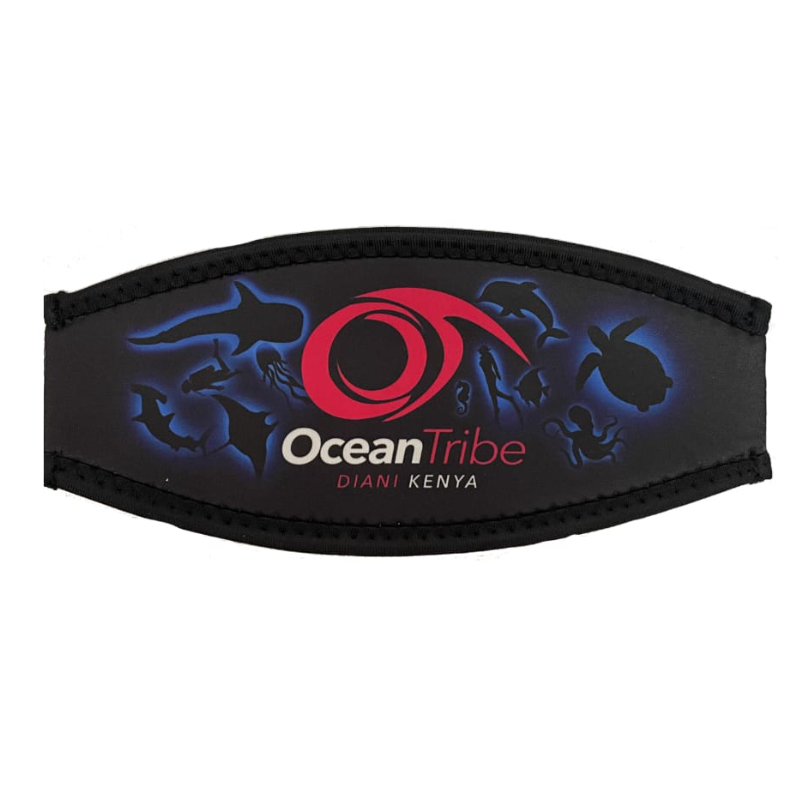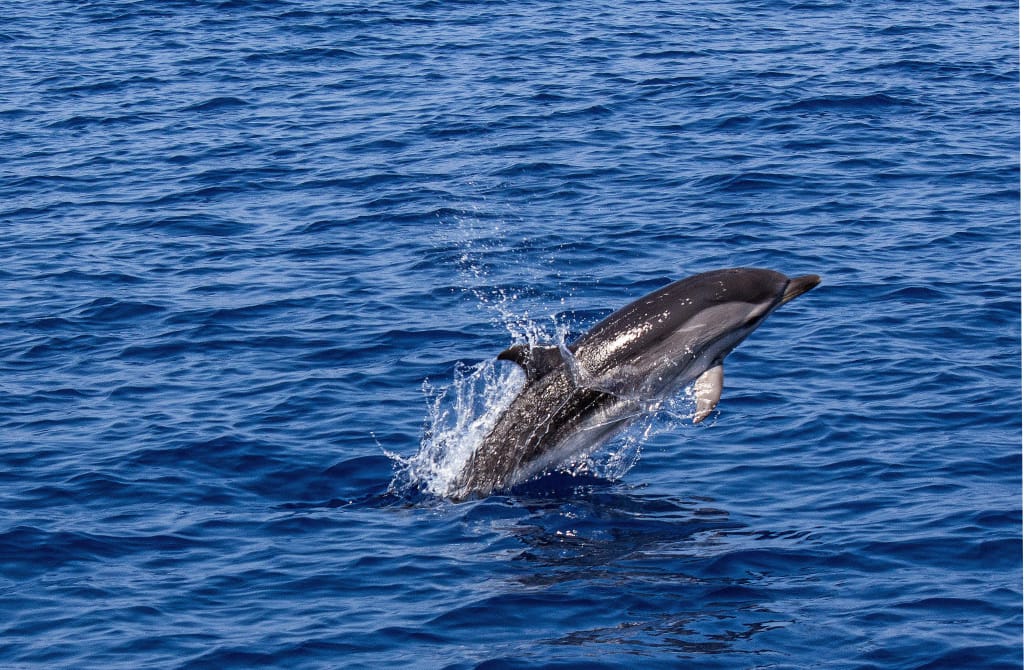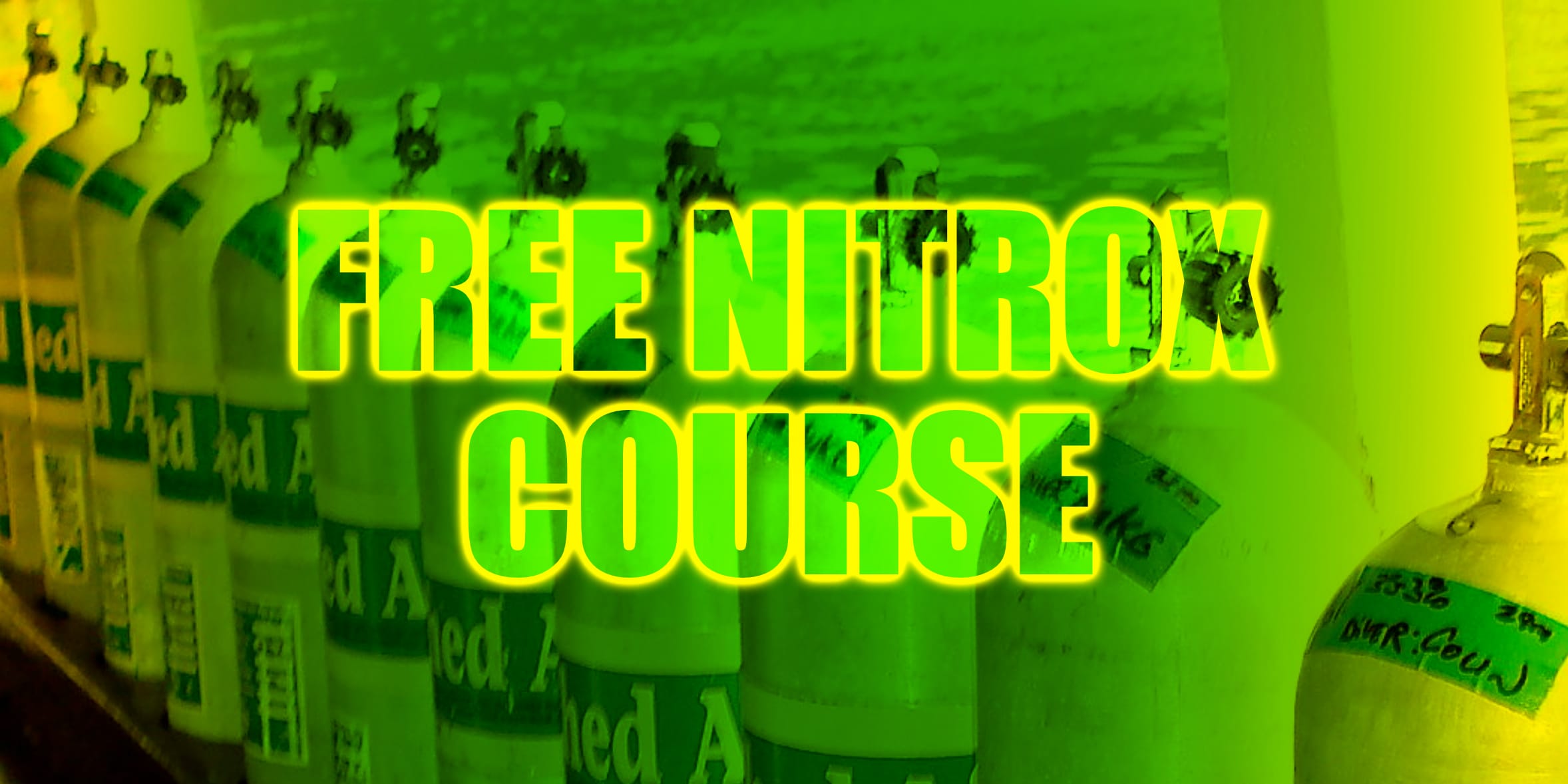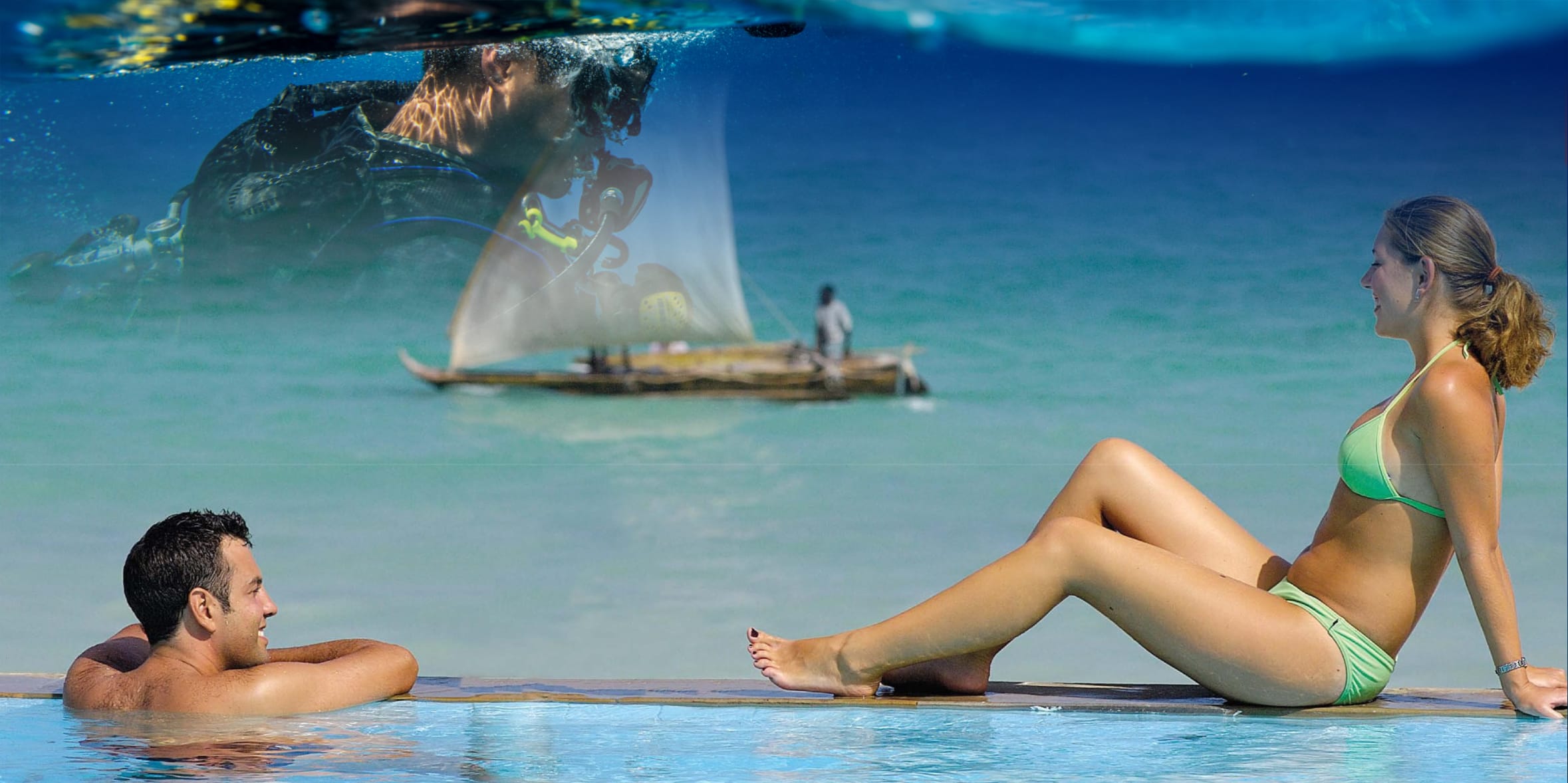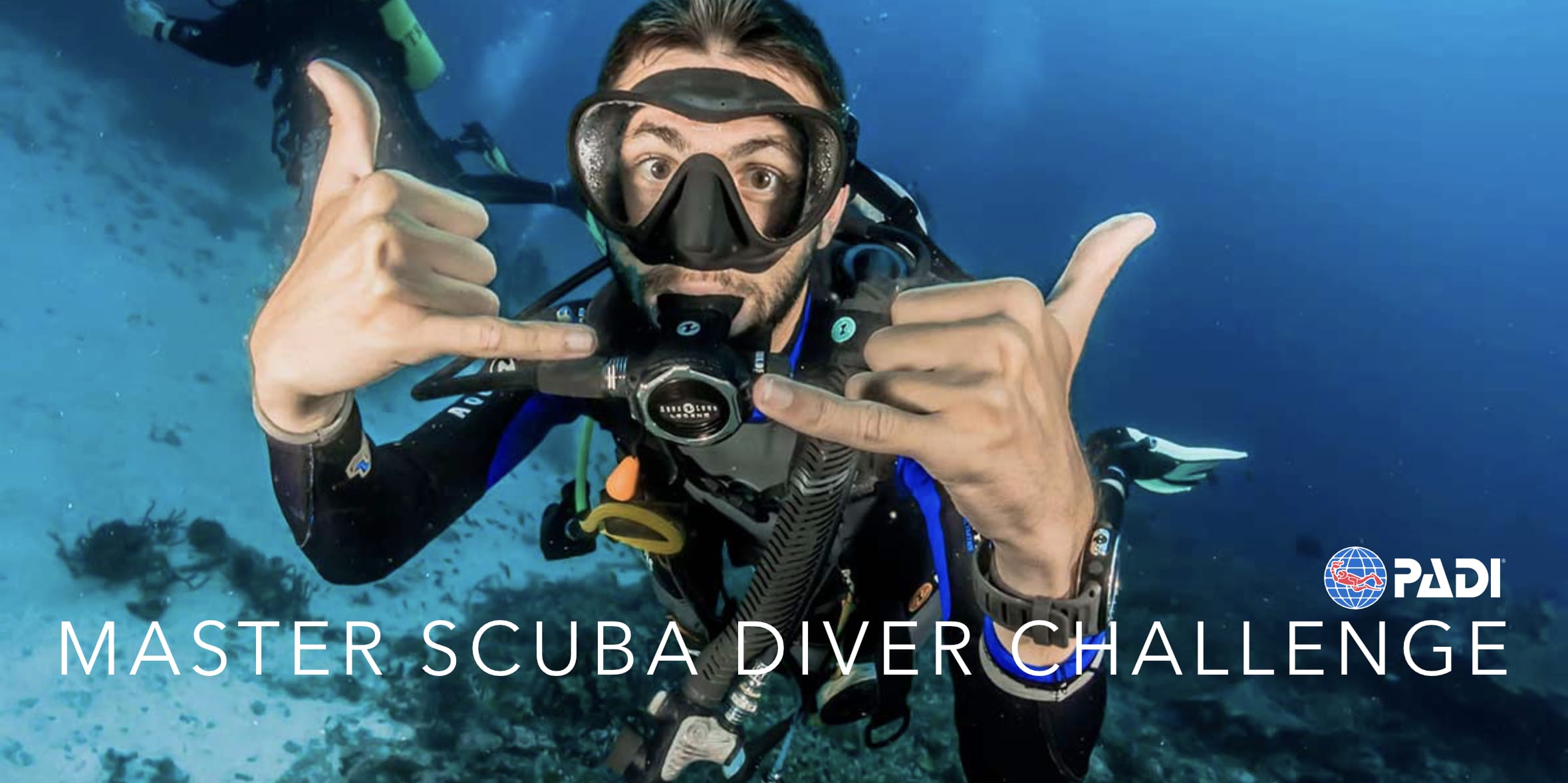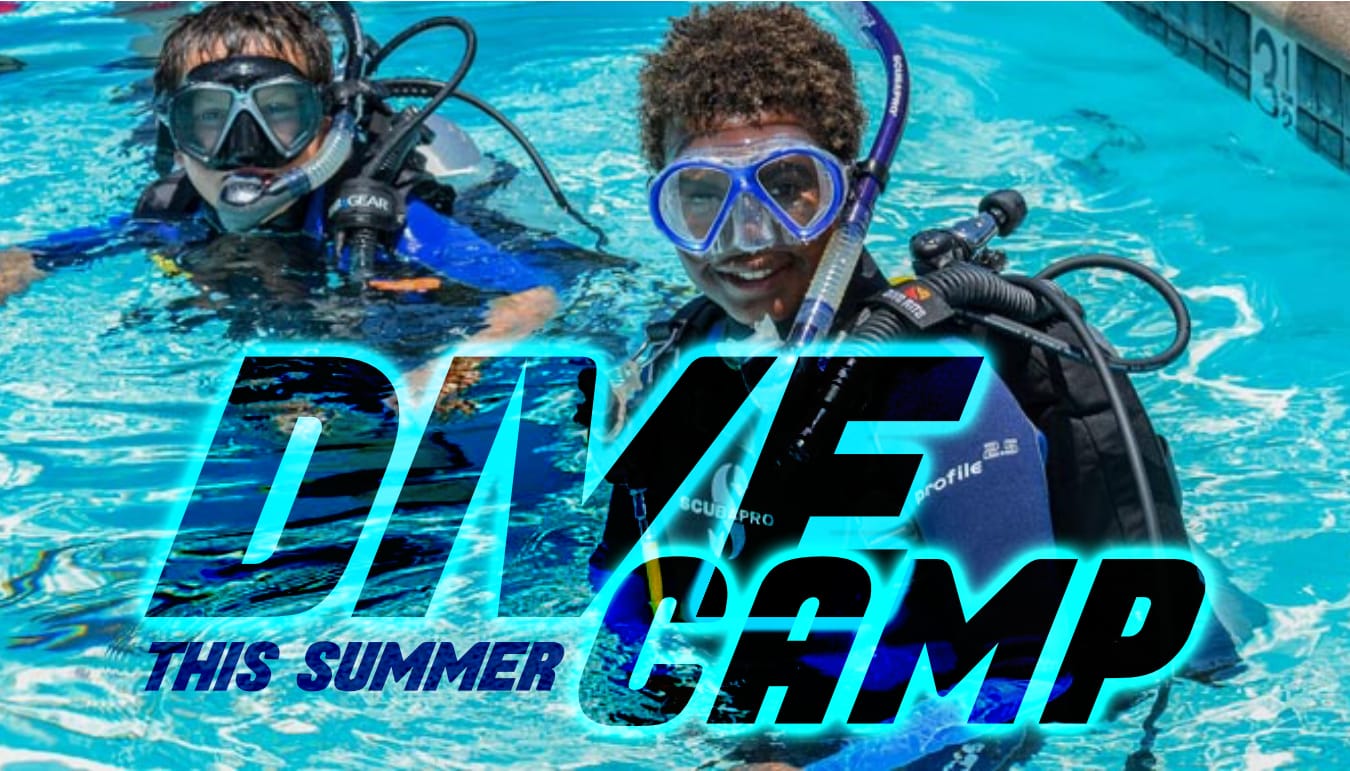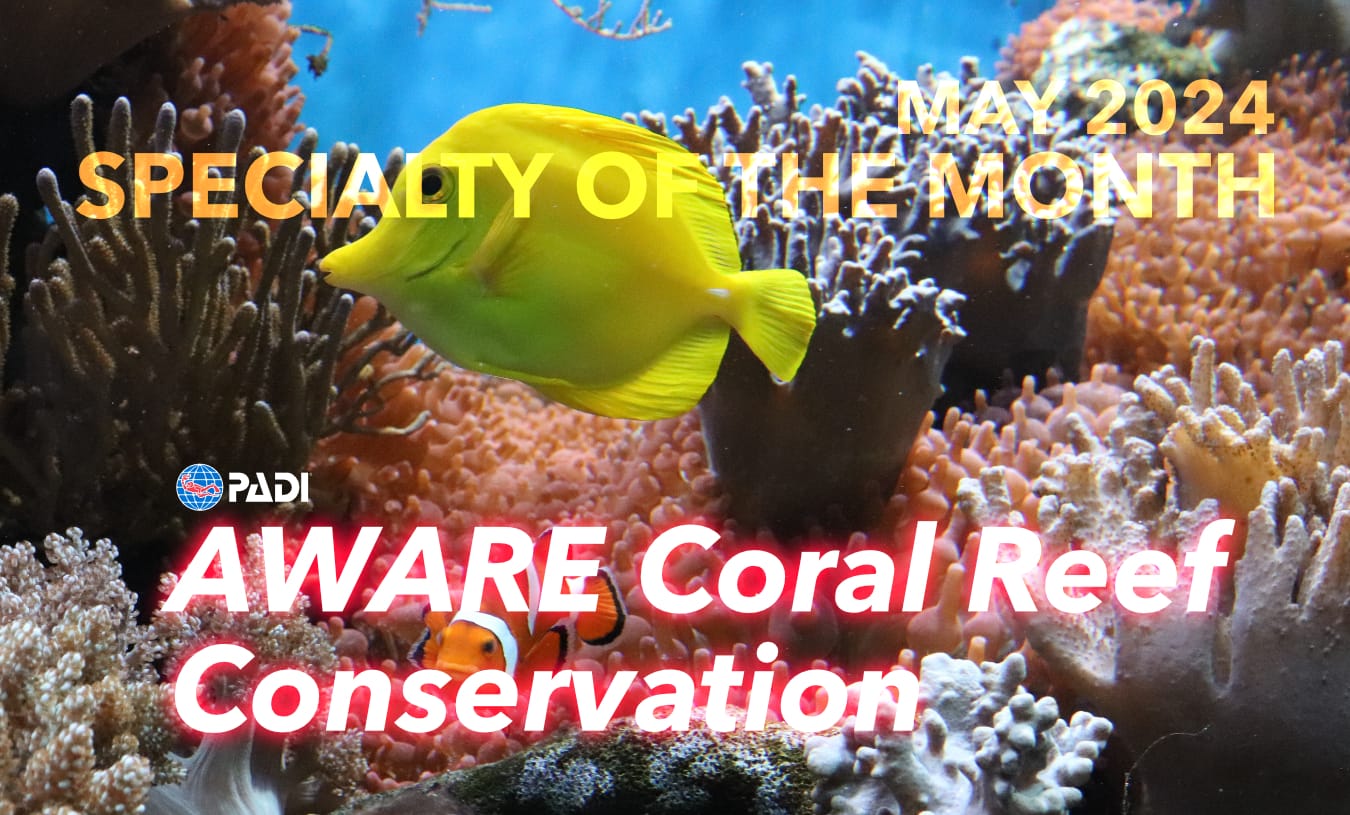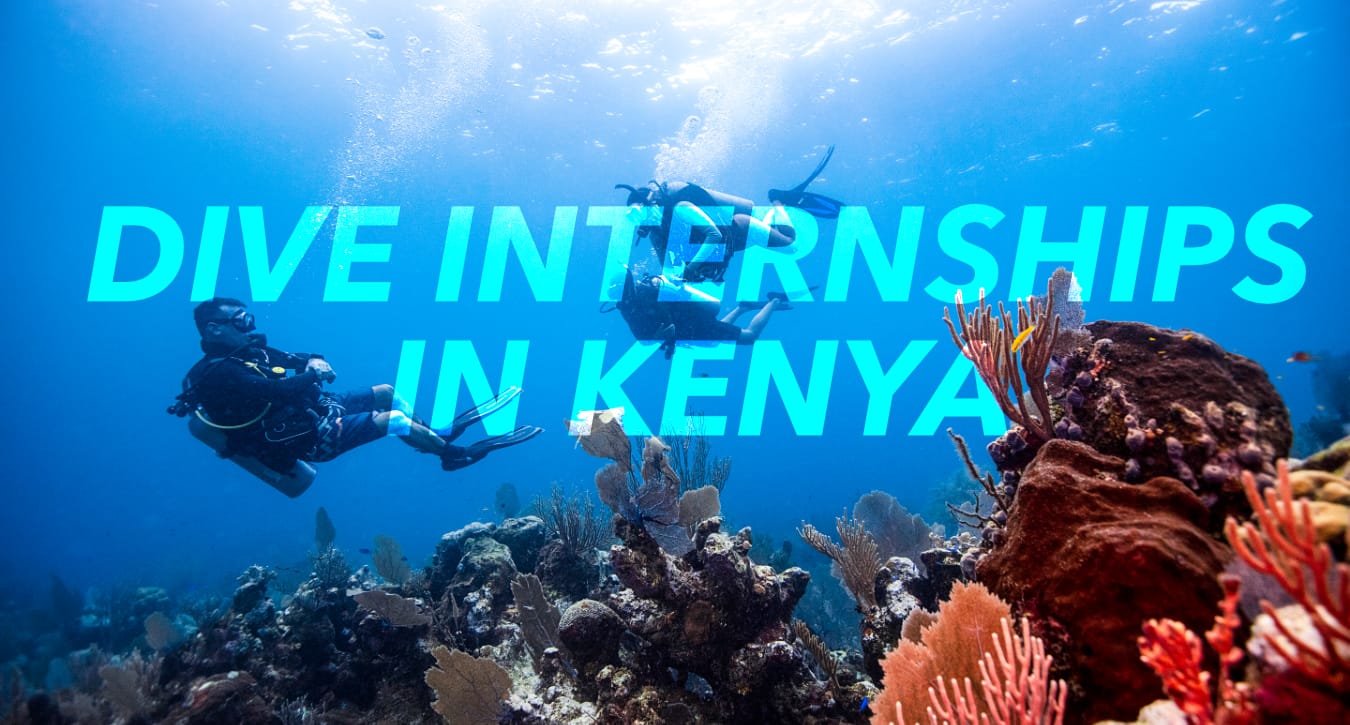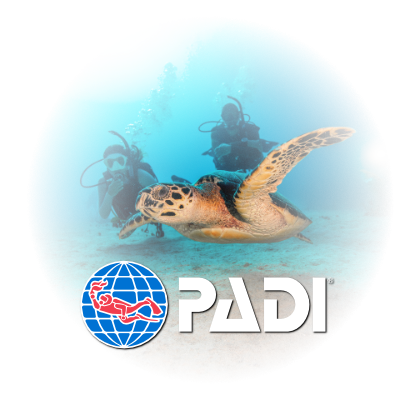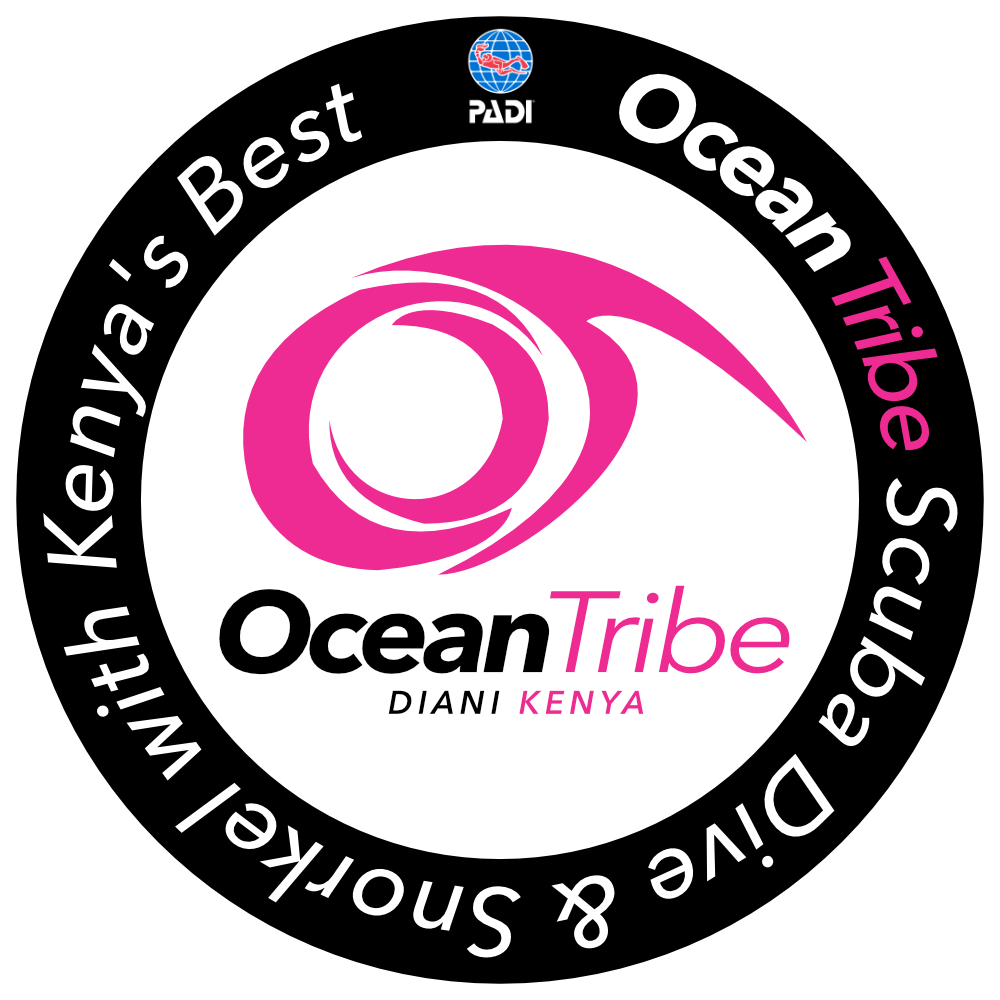Snorkelling is the easiest way to access and see the underwater world, requiring little training and the bare minimum of gear. You just need a mask, snorkel, fins and a floatation device. It’s a great way to start your underwater adventure. As snorkelers there are a few golden rules you should follow to ensure you have the optimal experience and look after the underwater environment.
1. Never touch any marine life- Either with your hands or feet, you should never touch either the corals or any sea creatures. You can do irreparable damage to corals and there is no need to touch fish, dolphins, turtles or other marine life.
2. Show respect to the marine life by keeping your distance at all times. Seriously would you like it if you were crowded by loads of people leering at you closely.
3. Try to use coral-reef friendly suncream. A lot of branded suncreams have chemicals in them which can be harmful to coral reefs. Try to use a reef-friendly suncream or use a rash guard/ t-shirt/ skin suit to protect yourself from the sun and protect the reef further. See this article on reef-friendly sunscreens
* Avoid sunscreens containing *petrolatum*, commonly known as *mineral oil*, which takes years to biodegrade, and are known to be harmful or fatal to aquatic life and waterfowl.
* Avoid sunscreens with high content of *Titanium Dioxide*. This mineral does not biodegrade and is found to react in warm seawater to form hydrogen peroxide which is harmful to all sea life.
* *Oxybenzone* and *octinoxate*, the two chemicals recently banned in Hawaii and are believed to cause coral bleaching.
4. Pick responsible and ethical boat operators for your snorkeling trips. Cheaper is not always better. When choosing an operator, make sure that they have an environmental policy and do not encourage you to do things such as touching the marine life and posing holding starfish for example. If an operator is just in it for money and not caring for the environment then this can cause long term damage to the reef.
5. Use operators with decent snorkelling and safety equipment. You are going snorkelling to appreciate the underwater world. So you want to use the best equipment to look at it, or at least equipment that is not old, uncomfortable or leaking. When booking, ask to see the equipment that you will be using.
6. Do not take souvenirs from underwater. No matter how good you think that shell will look on your bathroom cabinet, there is no excuse for taking it away from its natural environment. Shells often provide a home for a lot of marine life and you have no way of knowing what its inside. Leave it in its own ecosystem. In Kenya where Ocean Tribe is based it is also illegal and can get you into trouble at the airport if you try to leave with shell souvenirs. Additionally avoid purchasing shells from unscrupulous vendors on the beach as this will have the same result.
7. Join beach and underwater clean-ups to help preserve the underwater world. Many dive centres such as here at Ocean Tribe like to organise Project AWARE cleanup days which focus on removing trash and pollutants from the ocean. These can involve diving, snorkelling and cleaning up the beach to make a safer, cleaner marine eco-system. Get involved whenever you can.
8. Be safe. Don’t snorkel in difficult conditions such as high surf, watch for currents and be mindful of your depth. If you are not a strong swimmer then you might want to consider wearing a life jacket or other floatation device to keep safe.
9. Avoid using plastic as much as possible when you travel. Try and help the environment on your snorkel trip by bringing your own refillable water bottle and dry bag, rather than using single use plastic bottles and carrier bags. Plastic waste its one of the biggest ocean pollutants and the more we can do to reduce this the better.
10. If you are enjoying the snorkelling then consider taking your PADI scuba diving certification by enrolling on the PADI Open Water Diver course. You already have an interest in the underwater world, so wouldn’t it be cool to get down there closer to the marine life and see things that just can’t be accessed from surface snorkelling. It’s a logical next step and one that you definitely won’t regret.




